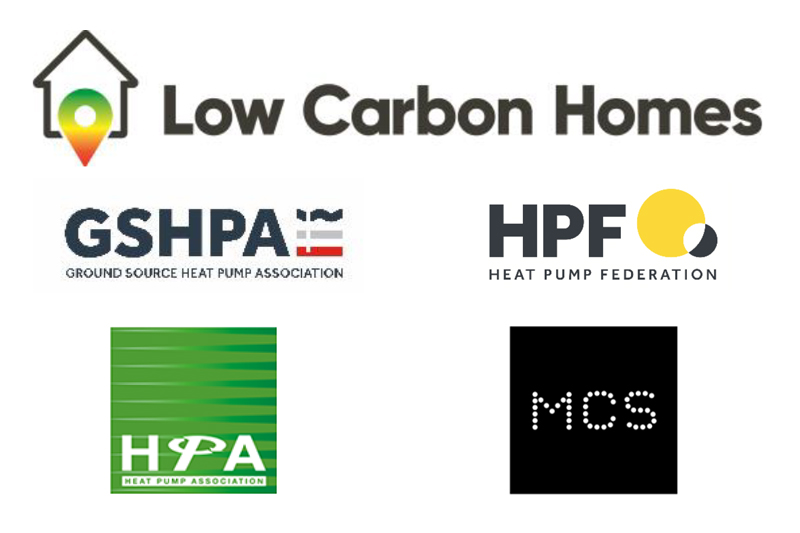
Heating homes accounts for 14% of the UK’s carbon emissions. According to the UK Government, 600,000 heat pumps a year need to be installed from 2028 to meet our carbon-reduction targets, aligning with installation levels of other European nations.
Heat Pump Month brings together industry bodies, manufacturers and suppliers with influencers, specifiers and installers to enable the scale-up of heat pump deployment across the UK.
From Monday 14th June, a month-long series of free-to-attend online events will bring together housing, built-environment, policy and installation professionals to collaborate around one the UK’s greatest carbon-reduction challenges – our homes.
Heat Pump Month is backed by Ground Source Heat Pump Association, Heat Pump Association, Heat Pump Federation and MCS, and supported by heat pump manufacturers Daikin, Kensa, Mitsubishi Electric, and Vaillant; water treatment expert Elysator UK; and heat emitter manufacturer Jaga UK.
Industry comment
Laura Bishop, Chair, Ground Source Heat Pump Association: “The GSHPA is delighted to be supporting Heat Pump Month during our very own organisation’s Year of the Heat Pump. With the national conversation around heat pump technology taking a step up at the end of 2020, and Boris Johnson’s mention of 600,000 heat pumps per year by 2028 in his Green Revolution 10-point plan in November, heat pumps have suddenly become the hot topic.
“This has provided a huge potential springboard for the ground source heat pump industry, one which we are eager and able to respond to. It is also an exciting time to be working within the heat pump sector and the GSHPA welcome enquiries from anyone involved with or interested in heat pumps. We encourage all those working within the heat pump industry to join us.”
Max Halliwell, Vice Chairman, Heat Pump Association: “The Heat Pump Association is delighted to be supporting Heat Pump Month during what is a critical time for the UK’s Net Zero plans. The provision of renewable, low carbon home heating by heat pump technology is a huge part of the solution and now is the time for industry and stakeholders to come together as one coherent voice to support, educate and strengthen the UK supply chain. Heat Pump Month has been created to do just that: supporting decision making through peer-to-peer learning at a series of free-to-attend online events hosted by industry experts and thought leaders. We’re proud to be involved.”
Bean Beanland, Director for Growth & External Affairs, Heat Pump Federation: “Six months to COP26 and just 28 years to Net Zero 2050, the clock is ticking. Almost daily, publications from agencies around the globe scream out for rapid decarbonisation of heat and cooling, and most signal the critical role for the electrification of services through heat pump deployment rates that, even just a year ago, were the stuff of dreams for the UK heat pump sector. Now, for the very first time, our technology has political capital under the 10-Point-Plan like never before.
“Heat Pump Month represents a real opportunity to raise awareness with homeowners, tenants and landlords, and to set out the stall for the recruitment of the thousands of existing fossil fuel technicians who will need to retrain to take advantage of the enormous opportunities that this seismic change represents. The Heat Pump Federation is delighted to support this initiative and its members who are actively participating.”
Ian Rippin, CEO, MCS: “MCS are supporting this campaign to help heighten the positioning of heat pumps. Heat decarbonisation is crucial to meeting net zero targets and addressing climate change. Increasing heat pump deployment will do this.
“Heat pumps are a well-established, proven technology that offer immediate and substantial carbon savings compared to fossil fuel heating systems. Heat pumps not only maintain a comfortable and stable temperature throughout the day but can also allow for the ‘smart’ consumption of heat. As an industry we need to work together to overcome barriers to adoption and place heat pumps firmly at the centre of plans for net zero.”













